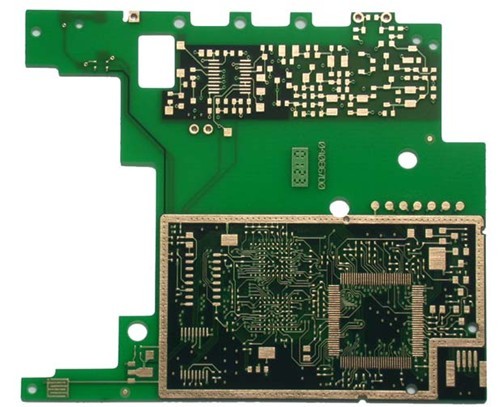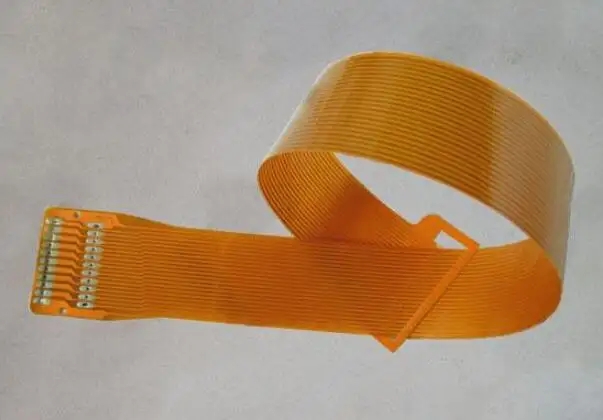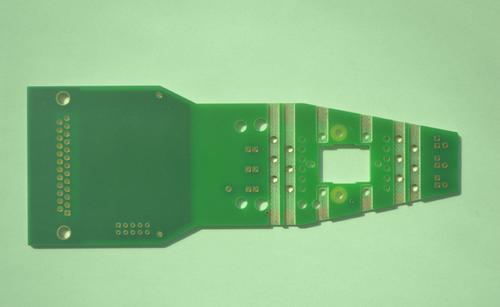
Size calculation method of pcb proofing circuit board electroplating bath
The relationship between the size of pcb sample plating bath and the average loading capacity, cathode current density, volume current density, etc;
Generally speaking, the size of the plating bath for pcb proofing refers to the volume L of electrolyte in the plating bath, also known as the effective volume, that is, the length X width X depth of electrolyte in the plating bath;
Pcb proofing can generally be calculated and selected according to the processing amount of electroplating or the existing dc electroplating equipment;
It is very important to select the proper size of electroplating bath for making production plan, estimating production capacity and ensuring electroplating quality;
Three considerations for determining the size of electroplating bath:
1. Meet the dimensional requirements of machined parts;
2. Prevent electrolyte from overheating;
3. It can maintain a certain stability of electrolyte components in the electroplating production cycle;
The current density of the cathode and anode is calculated according to the total area actually immersed in the electrolyte. Because the current efficiency of the cathode and anode is different, there is a slight difference;
DA=I total/S negative (A/dm2)
DA=I total/S positive (A/dm2)

Average load d: electrolyte volume required for electroplating parts per unit area
That is, d=V/S (L/dm2)
Volume current density DV:
Current intensity per unit volume, i.e. DV=ITotal/V (A/L)
It is important and appropriate to control the volume current density in the process of pcb proofing and electroplating, because when the current works through the electrolyte, it will generate heat due to the solution resistance, causing the electrolysis temperature to rise. The speed and height of the electrolyte temperature rise are directly related to the volume current density. In order to prevent the electrolyte from heating up too fast, it is necessary to have more volume of electrolyte to reduce the volume current density;
For example, the acid bright copper plating process: the appropriate volume current density is 0.3-0.4A/L, that is, when the total current is 1000A, 2500-3000L electrolyte should be prepared;
Experience data:
The following data of pcb proofing are some empirical data related to cathode current density and average loading capacity of various common plating species:
Cathode current density range DK, A/dm2 Average loading d, L/dm2
Sulfate copper plating 1.0 --- 3.0 7-9
Acid tin plating 1.0 --- 3.0 7-9
Bright nickel 2.0 --- 4.0 6 --- 8
Nickel oxide 1.0 --- 1.5 6 --- 8
PCB manufacturers, PCB designers, and PCBA processors will explain the size accounting method of PCB electroplating tanks for pcb proofing.









